What is Dana White’s Power Slap League?
UFC President has created a new ‘sport’ that experts fear may leave contestants with brain damage
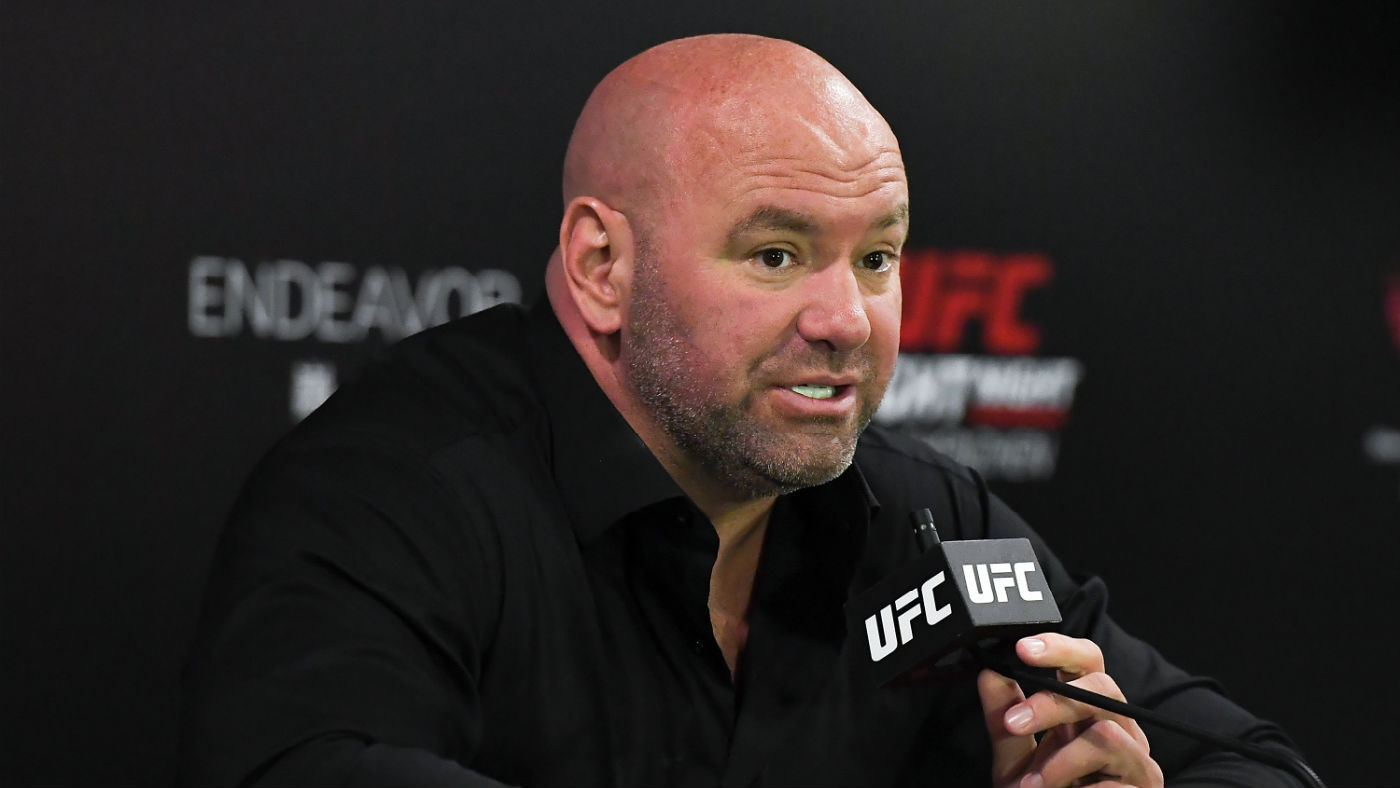
A free daily email with the biggest news stories of the day – and the best features from TheWeek.com
You are now subscribed
Your newsletter sign-up was successful
Nikos Evangelou the clinical associate professor in the faculty of medicine & health sciences at the University of Nottingham explains how repeated mild head injuries from Power Slap could cumulatively lead to an increased risk of chronic brain injury diseases.
Ultimate Fighting Championship (UFC) president Dana White has created a new brutal sport: Power Slap League. In this “sport”, contestants (men and women) slap each other as hard as they can in the head. A winner is decided by judges after three rounds.
This latest violent sport, licensed by the Nevada State Athletic Commission, focuses on slapping the head, with defence expressly forbidden. Competitors are not allowed to move in ways that might blunt the force of the oncoming slap, such as by raising their shoulder, tucking their chin or rolling with the slap. They have to have their hands behind their back while being slapped.
The Week
Escape your echo chamber. Get the facts behind the news, plus analysis from multiple perspectives.

Sign up for The Week's Free Newsletters
From our morning news briefing to a weekly Good News Newsletter, get the best of The Week delivered directly to your inbox.
From our morning news briefing to a weekly Good News Newsletter, get the best of The Week delivered directly to your inbox.
Video footage shows some contestants twitching on the ground after being slapped unconscious. And one female fighter crashed into the podium after being severely concussed.
Power Slap is the latest sport to be added to the growing list of violent contests, including wrestling, boxing and cage fighting. The arguments against violent sports are well-rehearsed, yet clearly ignored by people who promote these contests.
Concussions caused by blows to the head or violent shaking of the head, in the short term lead to headaches, loss of memory, brain fog and confusion. But the long-term effects can be more important.
We should not assume that participants in Power Slap are unharmed if they do not sustain obvious signs of concussion. Repetitive head trauma in amateur boxing causes injury to the nerve cells that can be detected by measuring the leaking of the brain neurofilaments into the cerebrospinal fluid, even when boxers pass cognitive tests. Similar low-level brain damage is likely to occur in power slapping, where the unprotected head is the sole target of the blow.
A free daily email with the biggest news stories of the day – and the best features from TheWeek.com
These repeated mild head injuries could cumulatively lead to an increased risk of chronic brain injury diseases and possibly neurodegeneration and dementia. As we have seen in boxing, most of the injuries sustained will become apparent long after the athletes have retired.
Only a matter of time
Extreme violent sports can also have extreme outcomes beyond the loss of cognitive function. A punch or a slap does not have to be exceptionally powerful to kill somebody. A hit that is delivered quickly and at a particular angle can cause torsional forces to the neck and head, injuring the arteries that supply blood to the brain.
There are many examples of one-punch deaths documented through the courts. Most neurologists and neurosurgeons, including myself, have dealt with the splitting of the neck arteries (dissection) caused by trauma, and in most cases, the inflicted trauma was not excessive. Evidence suggests some victims have weaker arteries, others were just unlucky in terms of the direction or rotation of the force applied to their neck and head.
While it may be rare, replicating the conditions for such an event is madness. While risking serious brain injury is unacceptable, it is only a matter of time before the game will result in a one-slap death. It will take only a moment, but it will ruin many people’s lives. Is it really worth it for a measly purse of £3,200 per bout if you win?
In response to criticism about safety at the first Power Slap event at the Columbus Convention Center on March 5 2022, Dana White has replied: “The commission is working on it. Everyone is in a learning process right now. They have learned a lot since the March event and u will see that as the show goes on.”
Nikos Evangelou, Clinical Associate Professor, Faculty of Medicine & Health Sciences, University of Nottingham
This article is republished from The Conversation under a Creative Commons license. Read the original article.
-
 Switzerland could vote to cap its population
Switzerland could vote to cap its populationUnder the Radar Swiss People’s Party proposes referendum on radical anti-immigration measure to limit residents to 10 million
-
 Political cartoons for February 15
Political cartoons for February 15Cartoons Sunday's political cartoons include political ventriloquism, Europe in the middle, and more
-
 The broken water companies failing England and Wales
The broken water companies failing England and WalesExplainer With rising bills, deteriorating river health and a lack of investment, regulators face an uphill battle to stabilise the industry
-
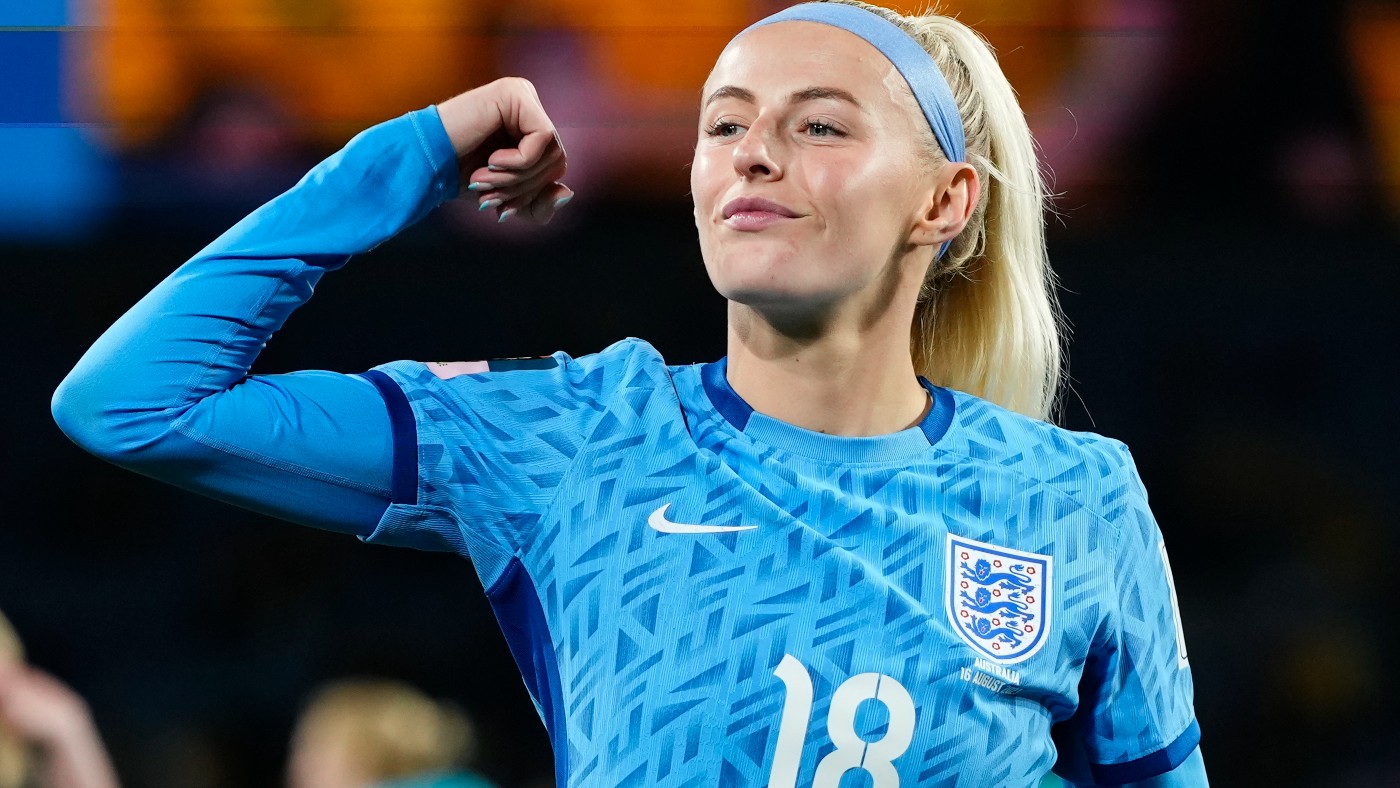 How English women’s football could become a billion pound industry
How English women’s football could become a billion pound industryfeature Building on the success of the Lionesses won’t be easy but it is eminently possible
-
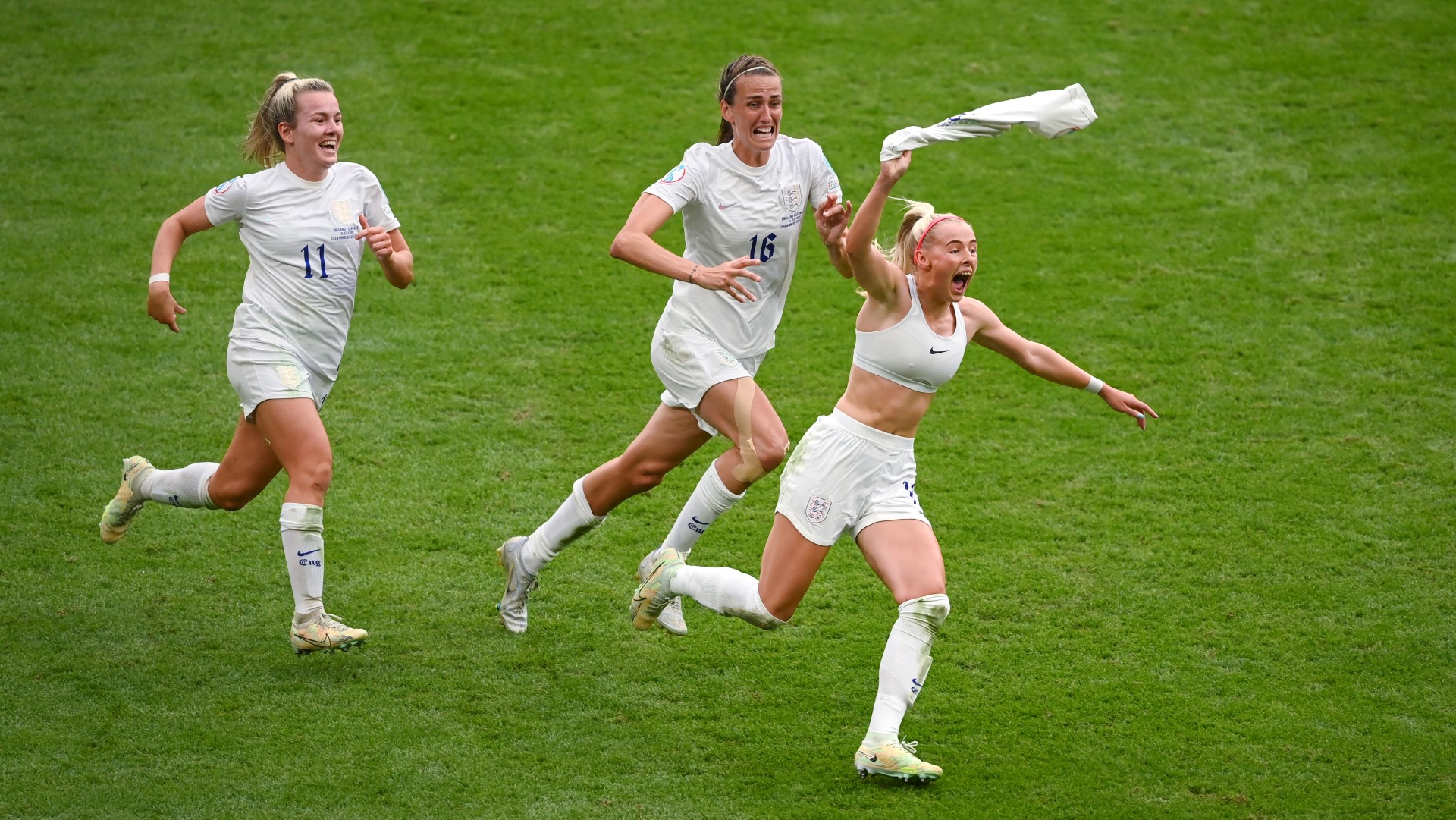 England’s Lionesses roar to victory in Euro 2022: how women’s football beat the sceptics
England’s Lionesses roar to victory in Euro 2022: how women’s football beat the scepticsfeature England team breathe new life into the game after 2-1 win against Germany
-
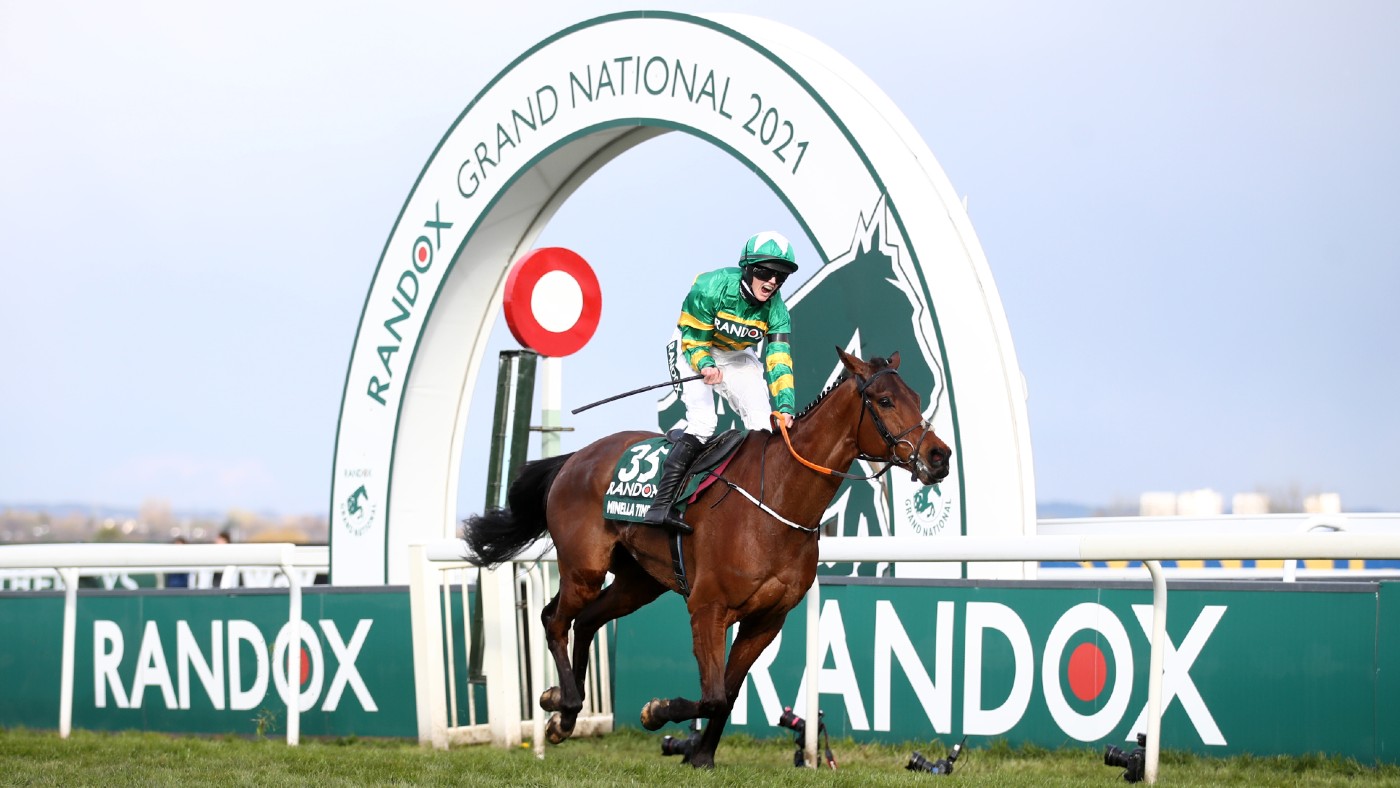 2022 Grand National guide: runners, top tips, latest odds and how to pick a winner
2022 Grand National guide: runners, top tips, latest odds and how to pick a winnerfeature The runners and riders have been confirmed for Saturday’s race at Aintree
-
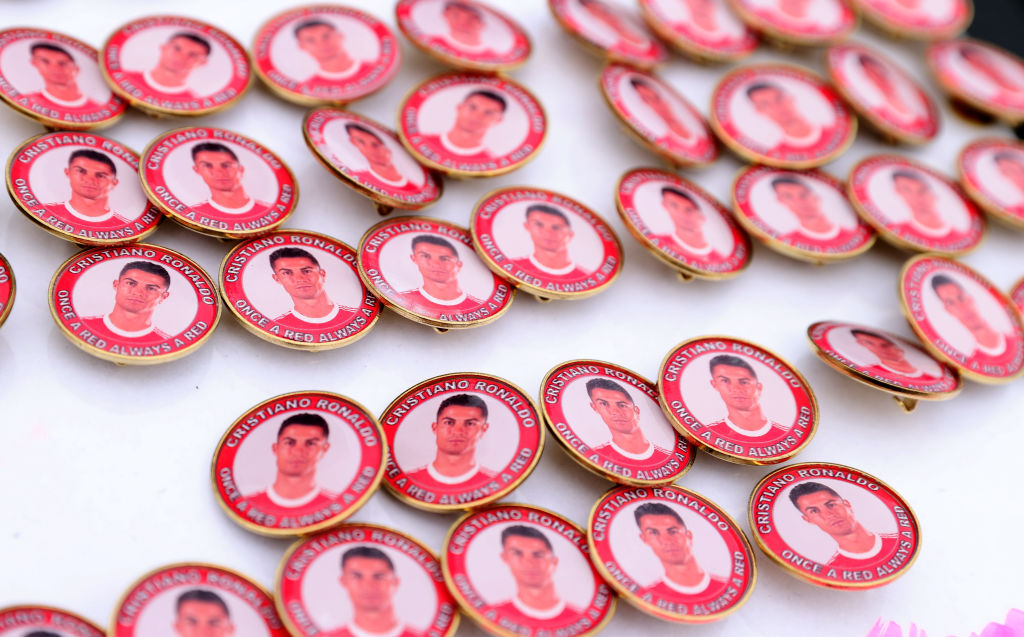 The Ronaldo effect: what big players mean for the finances of major football clubs
The Ronaldo effect: what big players mean for the finances of major football clubsfeature Manchester United hoping to cash in big after securing the Portuguese star’s signature on two-year contract
-
 Premier League 2021-2022 predictions and odds: title winners, relegation and golden boot
Premier League 2021-2022 predictions and odds: title winners, relegation and golden bootfeature A look at the major talking points ahead of a new season in the English top-flight
-
 Euro 2020 pre-tournament pundit predictions
Euro 2020 pre-tournament pundit predictionsfeature France were the favourites going into the Euros but it’s Italy and England in the final
-
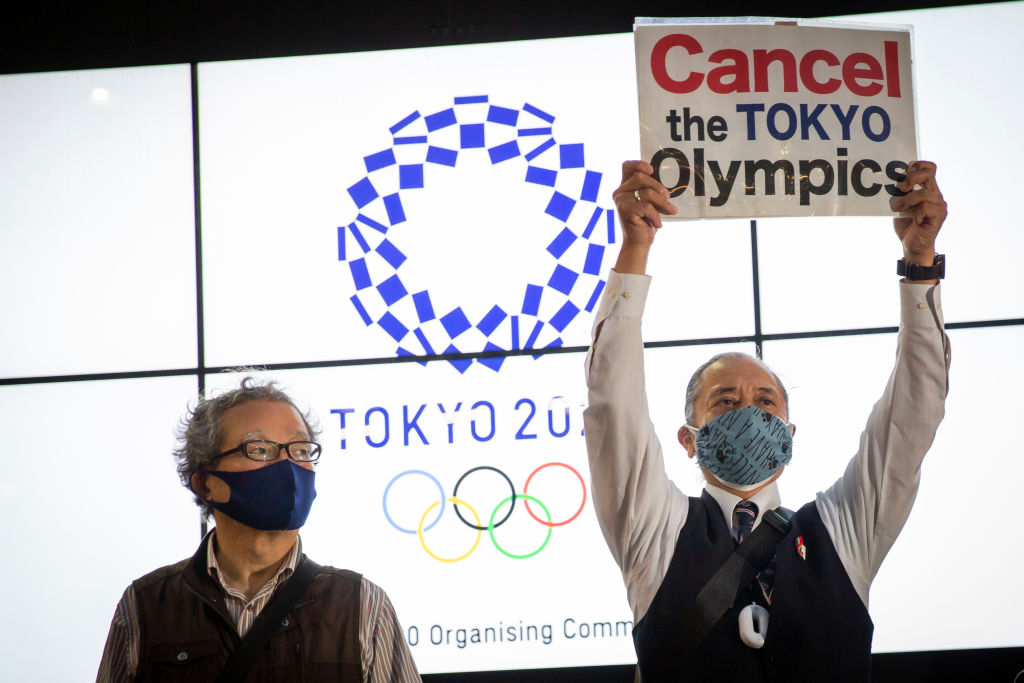 Why cancelling the Tokyo Olympics isn’t Japan’s call
Why cancelling the Tokyo Olympics isn’t Japan’s callfeature Latest polls show Japanese public want the Games axed owing to Covid fears - but who gets the final say?
-
 Sport shorts: Dana White plans to host UFC on a private island and Spurs fans urge club to reverse furlough decision
Sport shorts: Dana White plans to host UFC on a private island and Spurs fans urge club to reverse furlough decisionSpeed Read Ten things from the world of sport on Tuesday 7 April